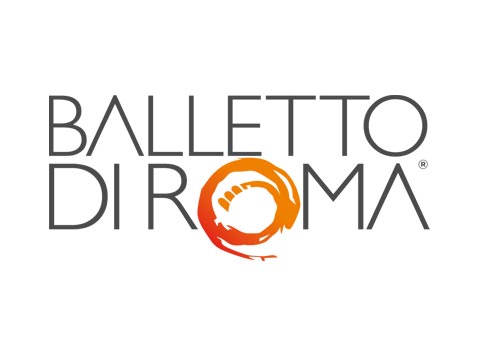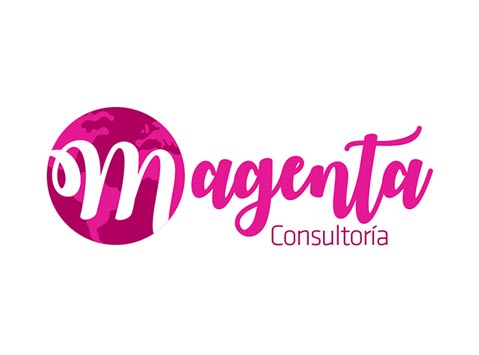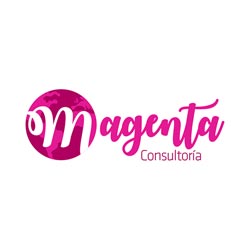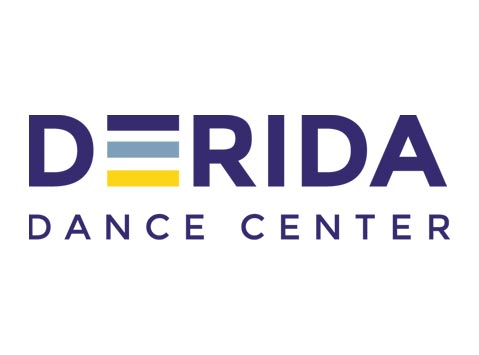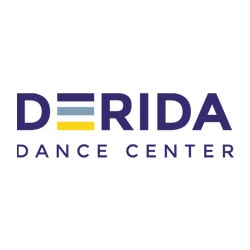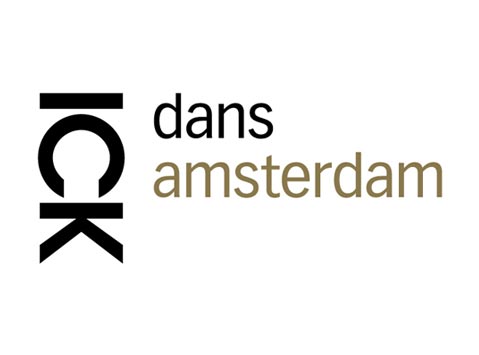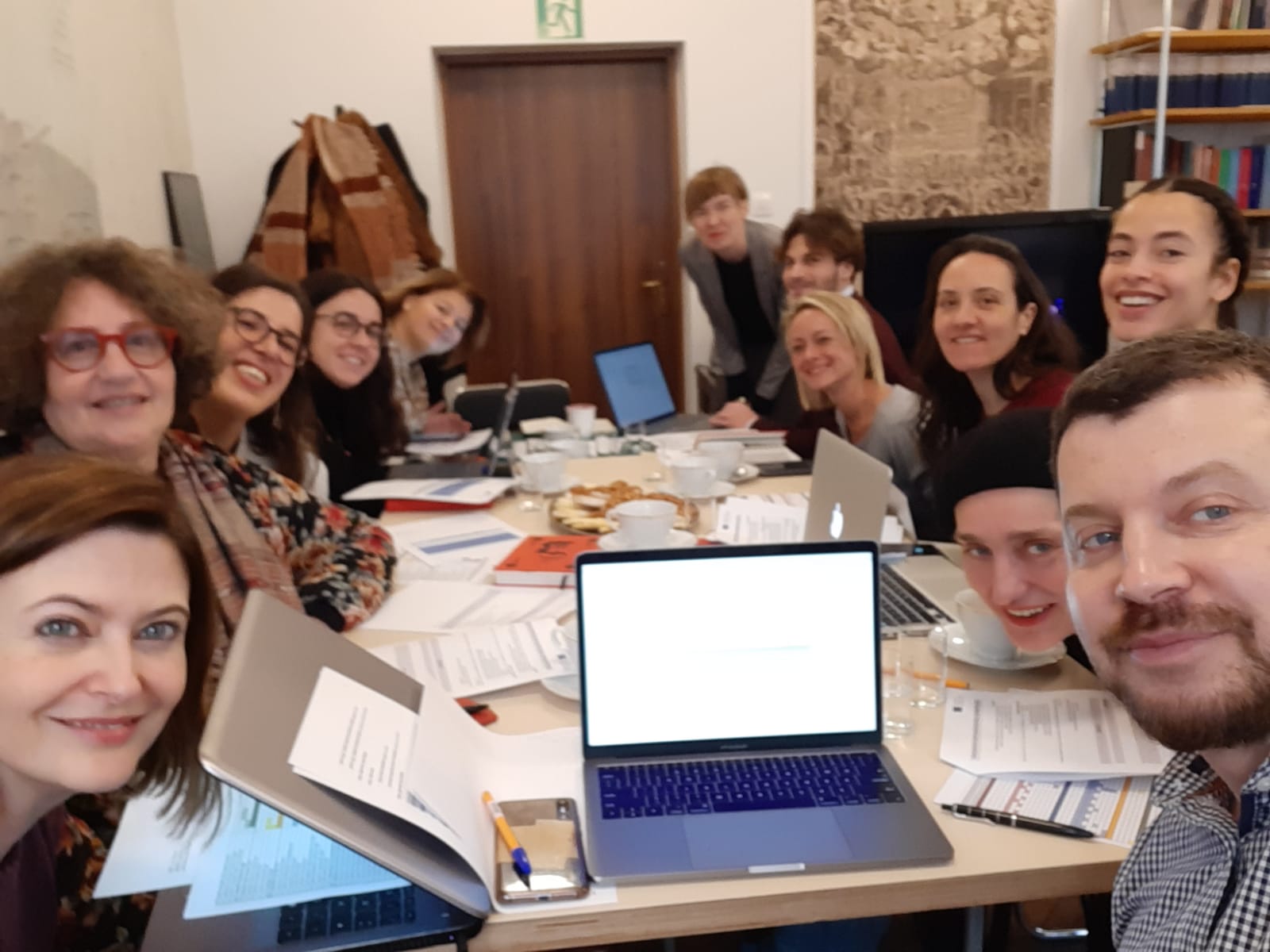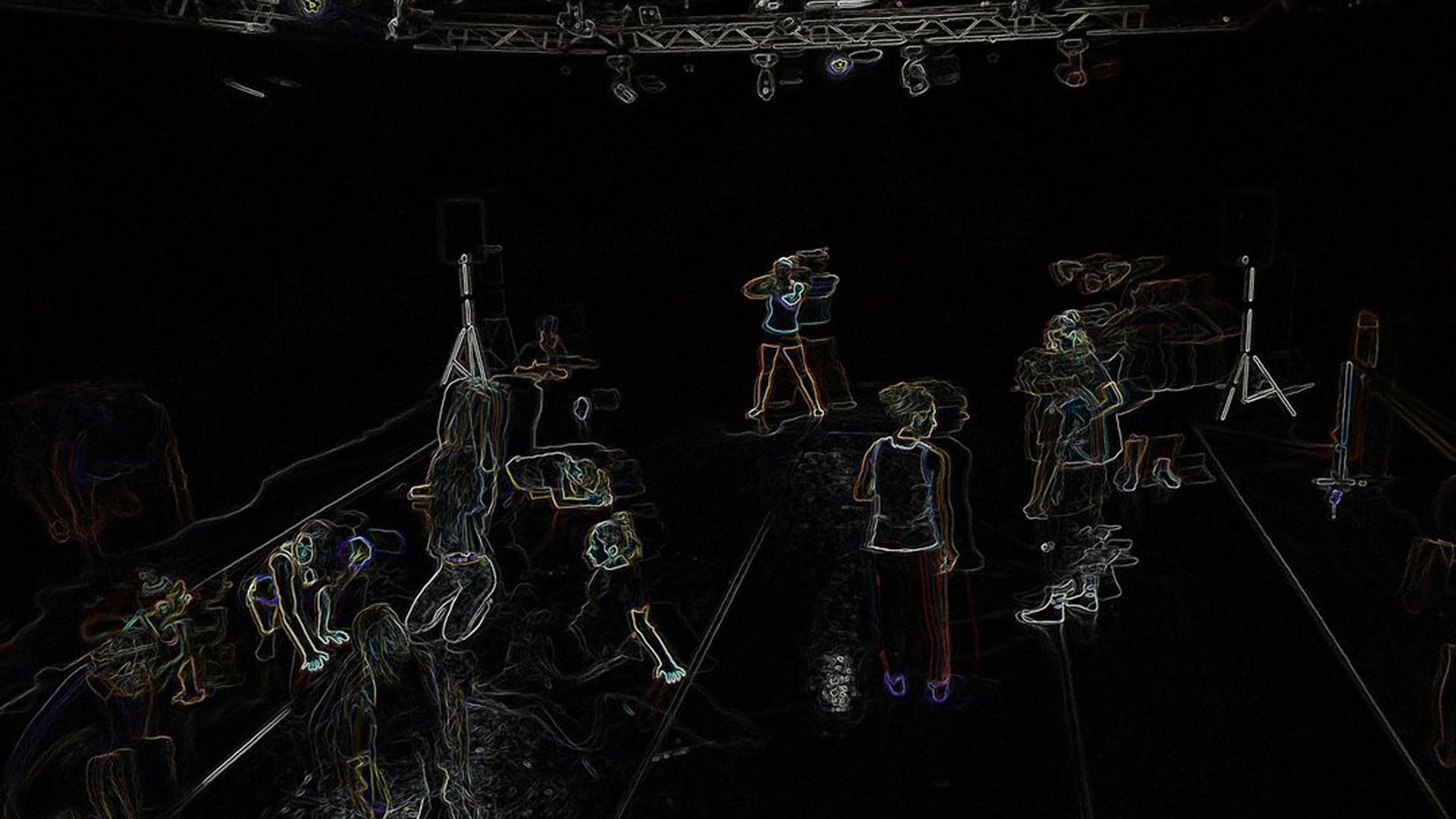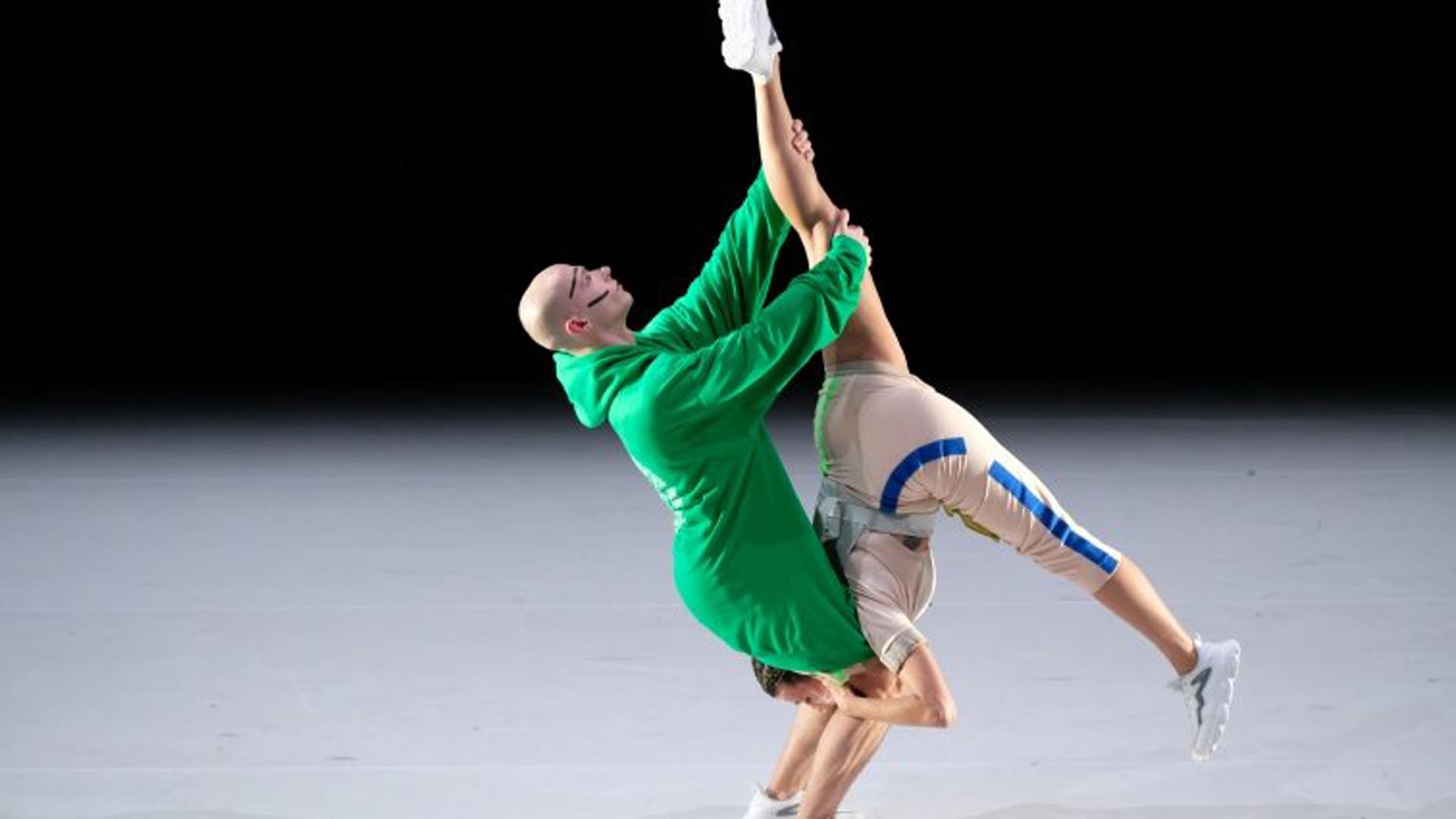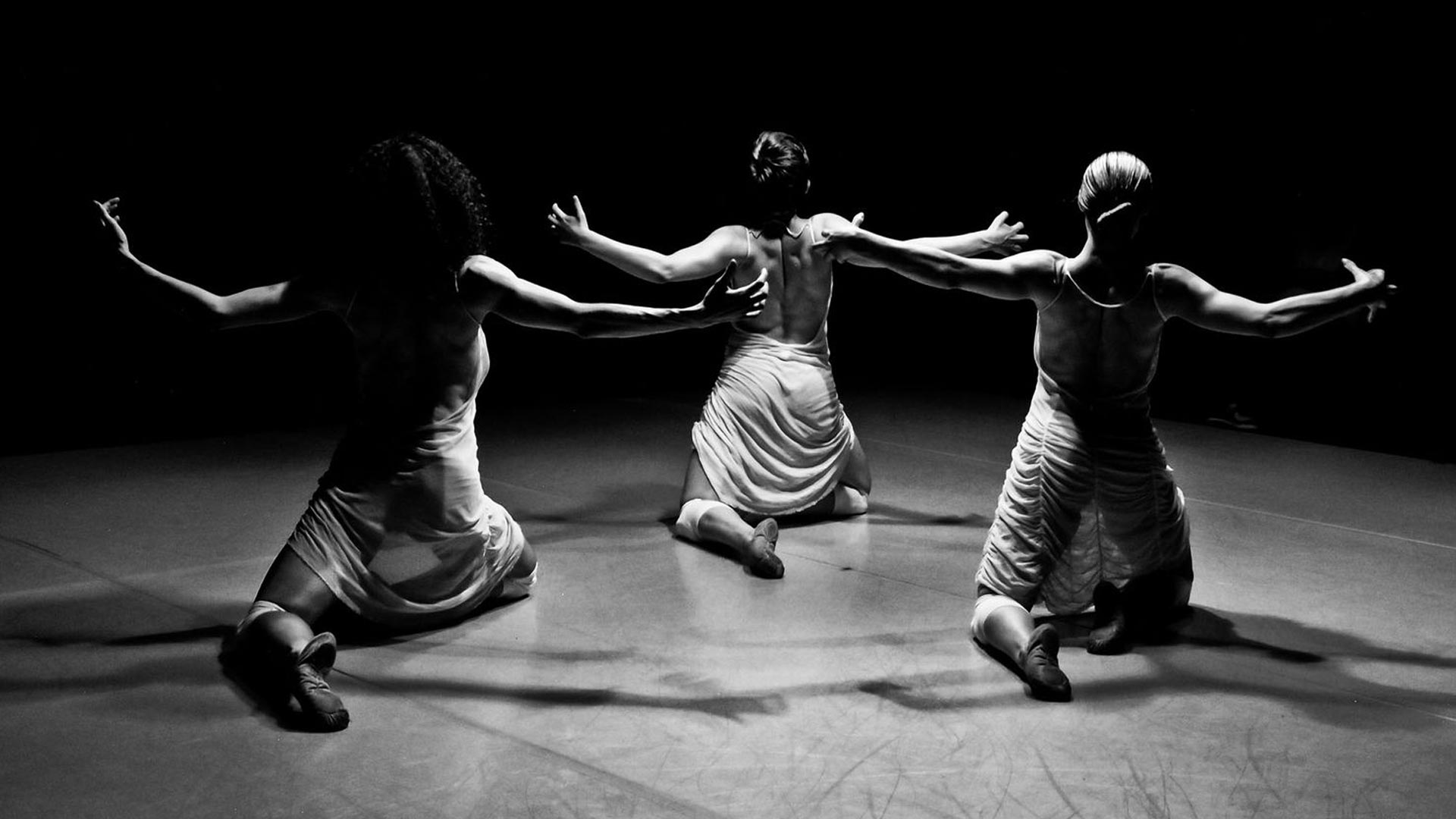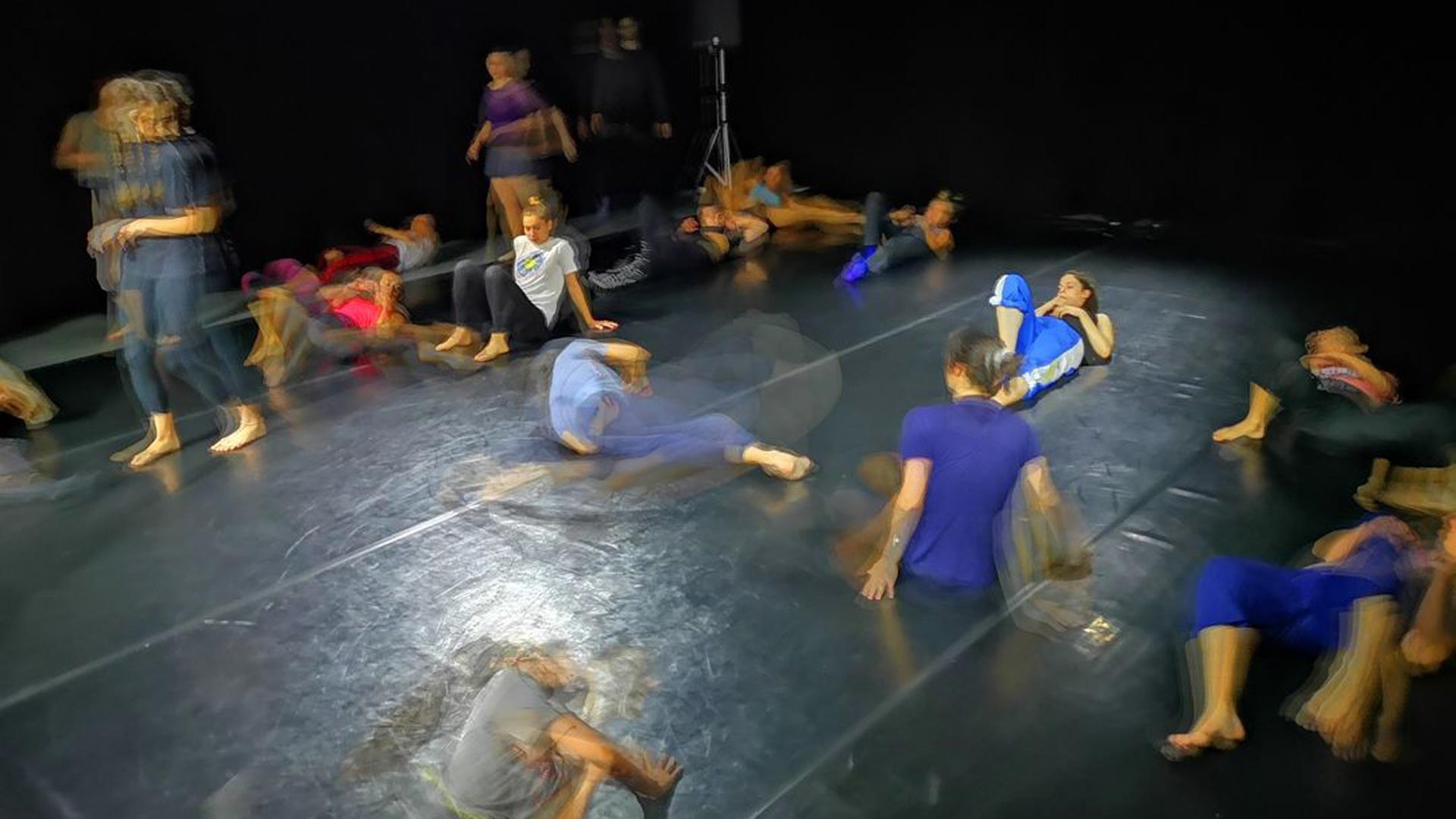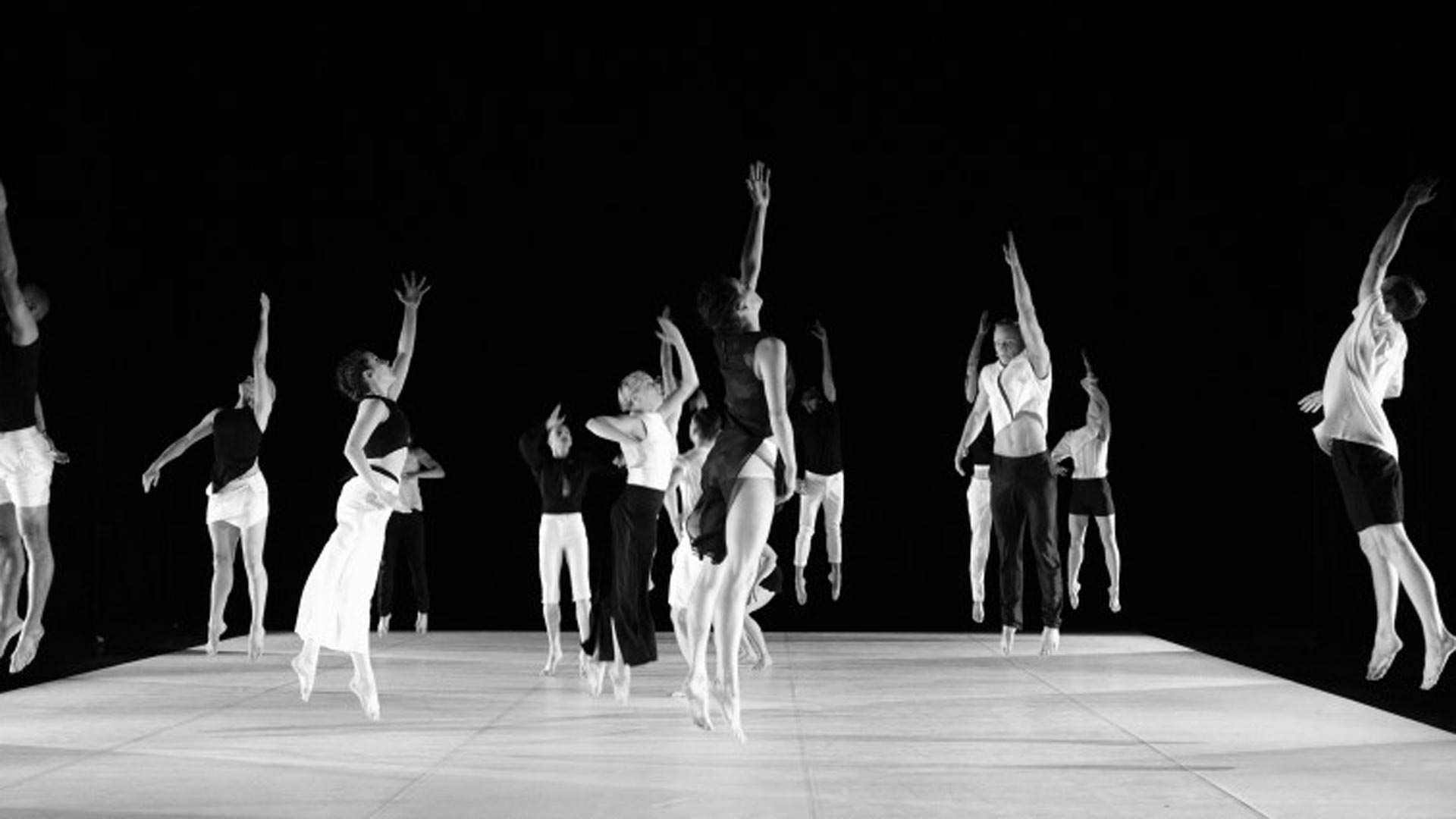DERIDA Dance Center /Art Link Foundation/ is the first centre for contemporary dance and training center in Bulgaria.
Derida Dance Center is concentrated on long-term strategies for attracting new audiences, professional dance training, creating international partnerships and presenting the company’s production at both national and international festivals. Through its Residency program, Derida Dance Center has produced 58 contemporary dance productions in the last 8 years. In 2014 the Residency program of Derida Dance Center was recognized by EU Department for Culture and education as a good practice in Europe.
Over 70 Bulgarian dancers have been trained as part of Dance PORT Derida. Through the years the company has hosted over 50 workshops lead by guest choreographers from all around the world.
The EU platform “Aerowaves – dance across Europe” gives us a chance to present Bulgarian artwork at European stage and European choreographers in Bulgaria. We are an active partner in the committee responsible for selecting the TOP 20 European choreographers of the year. In 2018 Derida Dance Center with the support of Sofia Municipality hosted the annual Spring Forward Festival of the Aerowaves platform. Furthermore, the performance “F63.9”/Derida Company/ choreographed by Jivko Jeliazkov was selected for one of TOP 20 European choreographers of 2018 by Aerowaves.
In 2019 Derida stage – professional stage for contemporary arts, will be open in the city center of Sofia with following facilities – stage, 9 x 11 meters, black box, professional equipment for light, sound and visual arts, seating for up to 200 people, changing rooms, office space, common area.
The dance centre is placed in one of the most communicative points in Sofia, close to Metrostation “Lavov Most” (Lion Bridge)
Derida Dance Center offers contemporary and classical training courses. The center also gives the opportunity for organizing workshops, carrying out presentations, commercial activities, public events for promotion of dance and arts.



